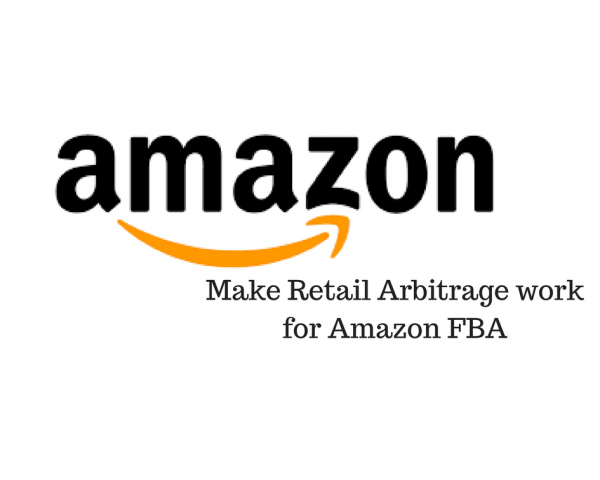There are several ways a seller can make money on Amazon: Private Label Selling, wholesale, and many more. People new to the platform, however, tend towards retail arbitrage, and that is what we will discuss today.
So, what really is retail arbitrage?
Simply put, retail arbitrage is finding products at a cheap price somewhere, and selling them at a profit on Amazon.
An immediate difference between this strategy and private labelling or whole selling is that you will be always looking for the next deal, while with the latter two, you can deal in a single product for a very long time.
You may be wondering, why would someone pay say $20 on Amazon for a product they can find on clearance somewhere at less than $5? First, clearance deals are not always in the same locale as the customer, so they may not know about it. Second, Amazon offers more convenience. it would beat logic someone going for a clearance sale an hour away for a product they are not even sure they’ll find.
Biggest advantages of retail arbitrage
- There is no ‘minimum order quantity’, and you can get products are a really low cost
- You have the flexibility of trying out different products to find one that works best for you
- You won’t have large amounts of cash tied up to any single products. This shields you significantly if things don’t go as planned for a certain product
- It is possible to get prices lower than what you would find at wholesalers
Things to note though
There have been people doing retail arbitrage for years and making a good income from it. In recent years though, Amazon has changed quite a few things that have meant that the playing field is very different from what it used to be.
Most important to note is the sell of big brand names. Many brands, in a bid to ensure only authorizes sellers to sell their products, have moved to have Amazon restrict others from doing so. That means that unless you are an authorized reseller, you should avoid selling products that come with warranties because the companies will not support them. Also, avoid selling big name products, especially electronics. In most cases, you will not even get past listing the products. Amazon just won’t let you.
Finding products to sell
There is no limit or restriction as to where you can source for products to sell. If you’ve done your homework and think you’ll get a decent profit, then it is worth buying. Some places you can begin your search include:
- Walmart
- Target
- Walgreens
- TJ Maxx
- Online clearance centres
- Garage sales
Remember that some of the least known places and local businesses can prove to be a gold mine in terms of finding products perfect for retail arbitrage.
When sourcing for products to sell, you need to always carry around a few tools, as the savvy arbitrage seller will tell you. Fortunately, all these are available online and accessible on your smartphone.
- Scanner App: When strolling through isles in your local store, a scanner app will come in quite handy to help you find more information about a product. Things to check out for include the sales rank of the product, and the competition on Amazon. You want products that don’t already have many sellers competing for the buy box.
- Amazon Seller App: Do not completely rely on Scanner apps for your research because they don’t always show the full picture. For that, you will need to get onto Amazon, and the seller app is your way in. again, check for pricing information, and the competition too. you could adopt the ‘rule of thirds’ that many sellers use to find the best products to sell. Lastly, check if Amazon is selling the product. Going up against Amazon is generally considered a suicidal move because they have an infinite capacity to lower prices.
Finally, retail arbitrage is an excellent way for you to try your hand at different types of products and see which ones work best. It has minimum requirements and can fetch you some decent profits with persistence and hard work. Though there is always the risk of branded products getting restricted, the fact that you are never heavily invested in any single products provides a cushion against losses that many other strategies do not offer.
